Why Egypt Will Not Come to Gaza’s Aid
As the conflict in Gaza continues, many wonder why Egypt, a neighboring Muslim-majority country with historical ties to the Palestinian cause, remains non-confrontational towards Israel and refrains from more actively aiding Gaza. After all it is home to Al Azhar University, one of the most prestigious Islamic universities in the Muslim world. How is it conceivable that Islam is taught so meticulously in the classrooms and the masjids around the country but so ignored when it comes to both domestic and foreign policy. The answer lies in Egypt’s intricate economic ties with Israel, particularly through the natural gas sector, which significantly influences all it’s policy decisions.
Economic Ties and Energy Cooperation
Natural Gas Deals: Egypt and Israel have established robust economic cooperation, especially in the energy sector. A landmark $15 billion deal signed in 2018 between Israel’s Delek Drilling and Egypt’s Dolphinus Holdings underscores this relationship. Under this deal, Israel exports substantial quantities of natural gas from its Leviathan and Tamar fields to Egypt. Approximately 28% of the gas from the Leviathan field is directed to Egyptian territory. This gas is not only used to meet Egypt’s domestic energy needs but also processed into liquefied natural gas (LNG) at Egypt’s Idku and Damietta LNG facilities for re-export to Europe.
Egypt’s LNG Infrastructure: Egypt’s LNG facilities, developed in the early 2000s with significant investments from international consortia, have become critical assets in the regional energy market. These facilities allow Egypt to process and export gas efficiently, generating substantial revenue for both Cairo and Tel Aviv. Israel’s reliance on these facilities to export gas to European markets highlights the interdependence between the two nations in this sector.
Strategic and Economic Implications
Revenue and Economic Stability: The natural gas trade is a significant revenue stream for both Egypt and Israel. In 2023, Israel’s natural gas exports, including those facilitated through Egypt, contributed to over $550 million in royalties for Israel. For Egypt, this partnership enhances its status as a regional energy hub and provides a steady income stream essential for its economic stability. The financial benefits derived from these deals outweigh the potential economic costs of a confrontational stance towards Israel.
Energy Needs vs. Religious Commitments: Egypt’s energy needs are immense and growing. The country relies heavily on natural gas for its domestic energy consumption and industrial activities. The gas imported from Israel is crucial for maintaining domestic energy security and supporting economic activities. While religious and historical ties to Gaza are significant, the pragmatic necessity of ensuring energy security and economic stability takes precedence in Egypt’s foreign policy calculus.
Diplomatic and Political Considerations
Regional Stability and Mediation Role: Egypt has historically positioned itself as a mediator in the Israeli-Palestinian conflict. Maintaining a non-confrontational stance towards Israel allows Egypt to continue playing this role, which is critical for its diplomatic influence in the region.. A confrontational approach could jeopardize its mediator status. After all, would the Israelis really trust Cairo to play the role of mediator if they didn’t think that they themselves had significant leverage over the Egyptians should they go rogue and support the Palestinian side?
Economic and Diplomatic Leverage: By fostering economic ties with Israel, Egypt gains diplomatic leverage that can be used in broader regional negotiations. This strategic cooperation enhances Egypt’s influence in international forums and aligns with its long-term economic and political goals.
Conclusion
Egypt’s decision not to come to Gaza’s aid more forcefully is a complex interplay of economic pragmatism and strategic diplomacy coupled with a long history of a lack of religious commitment from the ruling elite. Egypt’s leaders are very pragmatic. If they felt that their countrymen were truly motivated by religious zeal and they were at risk of maintaining their leadership status then they would adjust their calculus to accommodate that dynamic. However they have remained skeptical whether the Egyptian people were willing to go through hardship themselves to help their fellow Palestinians. Therefore the significant economic benefits from its energy cooperation with Israel, coupled with the necessity to ensure domestic energy security, outweigh the religious and historical commitments to Gaza. This pragmatic approach underscores the broader regional dynamics where economic interdependence and strategic interests often dictate foreign policy decisions and not clear religious texts in the Quran and Sunnah.
In summary, Egypt’s economic ties with Israel, particularly in the natural gas sector, are crucial for its economic stability and regional influence in the short term. This interdependence significantly influences Egypt’s stance on the Gaza conflict, highlighting the prioritization of economic and strategic interests over religious commitments. This has been the Egyptian stance for decades. Actually, it has been the stance of much of the Muslim world for that matter. As it is plain to see, Egypt is totally dependent on Israel and it’s bigger backer the US. This dependency isn’t exclusive to Egypt, it also includes many other Muslim countries as well.
What remains clear is that Egypt will continue to be a weak client state as it has been for many years unless and until religious commitment outweighs economic interests. As all have seen, running behind the dollar has not empowered any Muslim country in the region and it is time for a new approach.
By Bilal Abdul Kareem
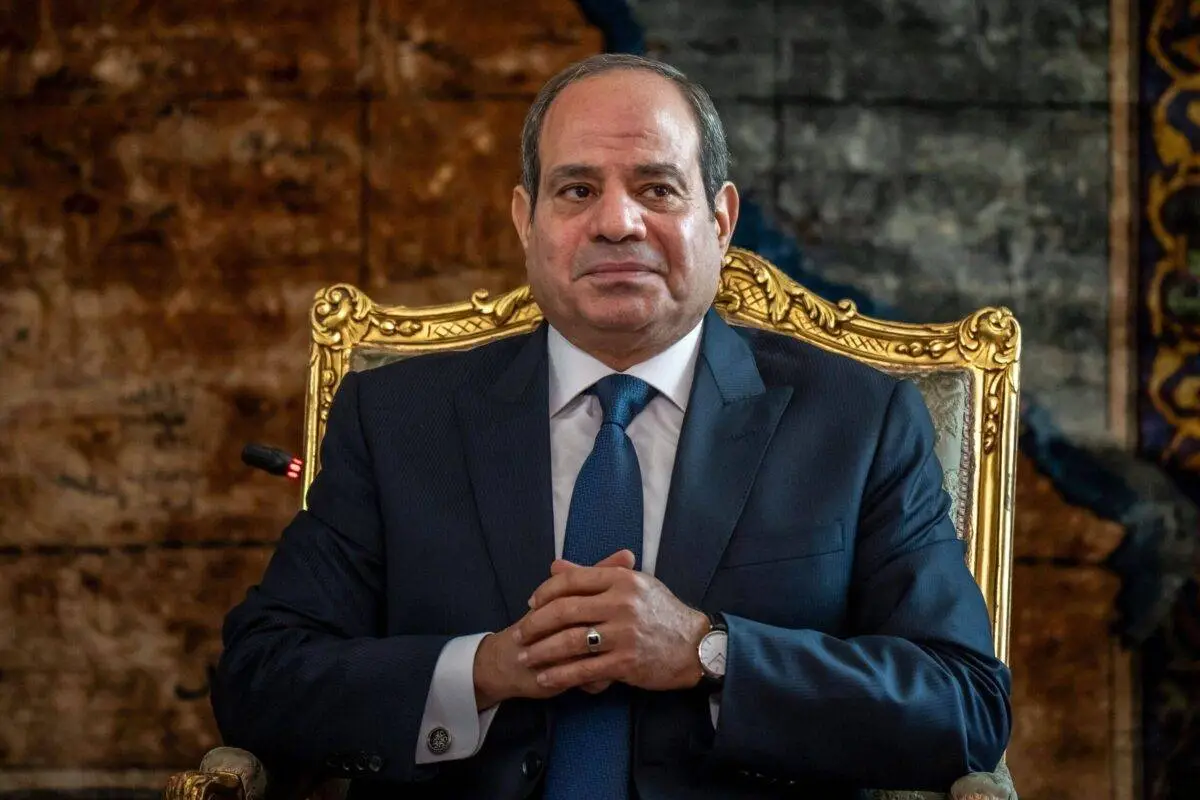

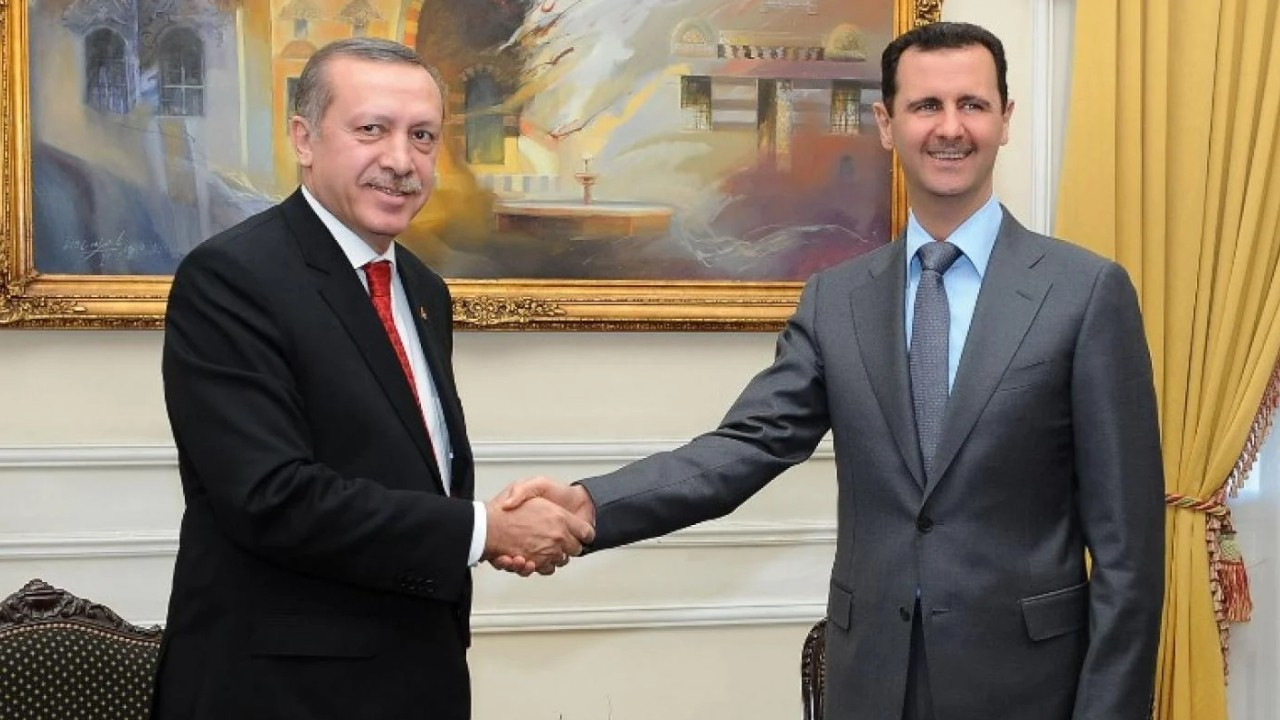

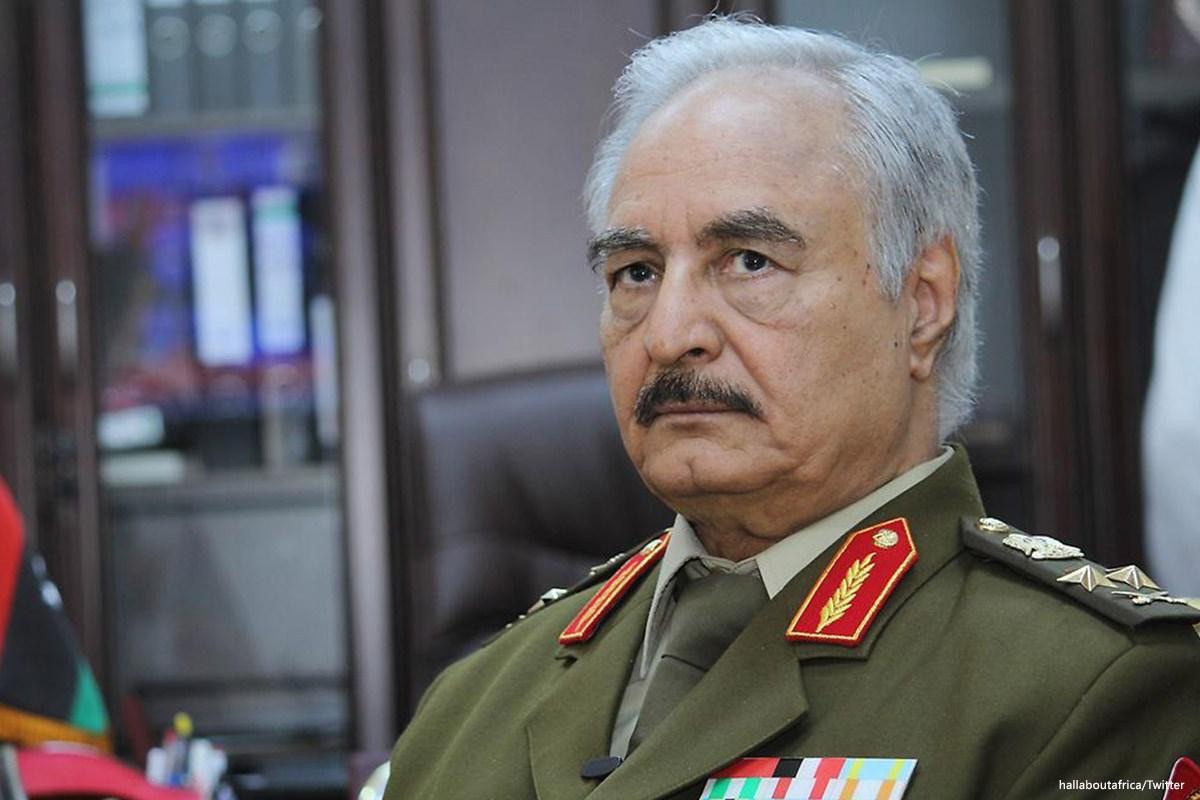
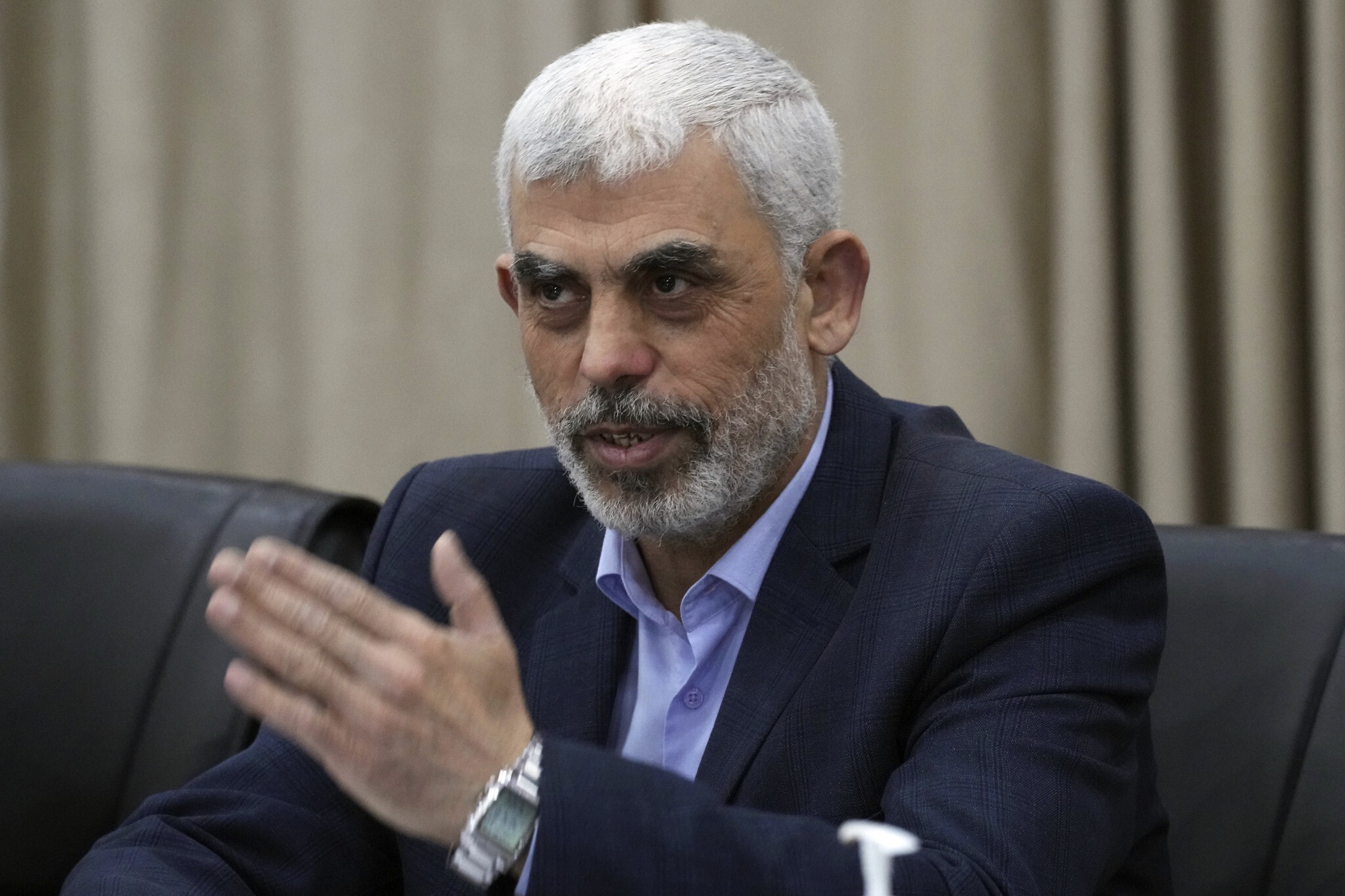
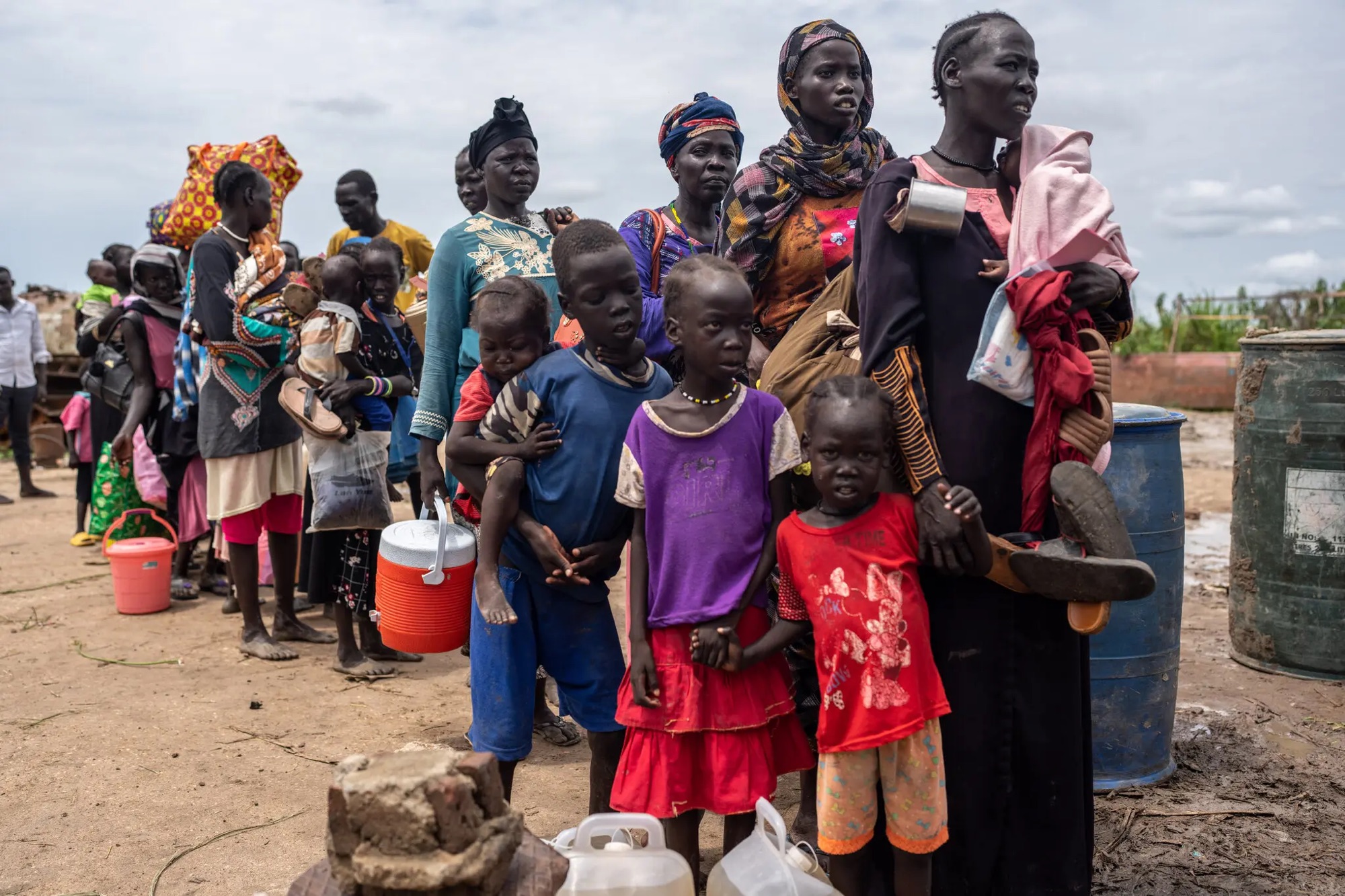
Leave a Reply